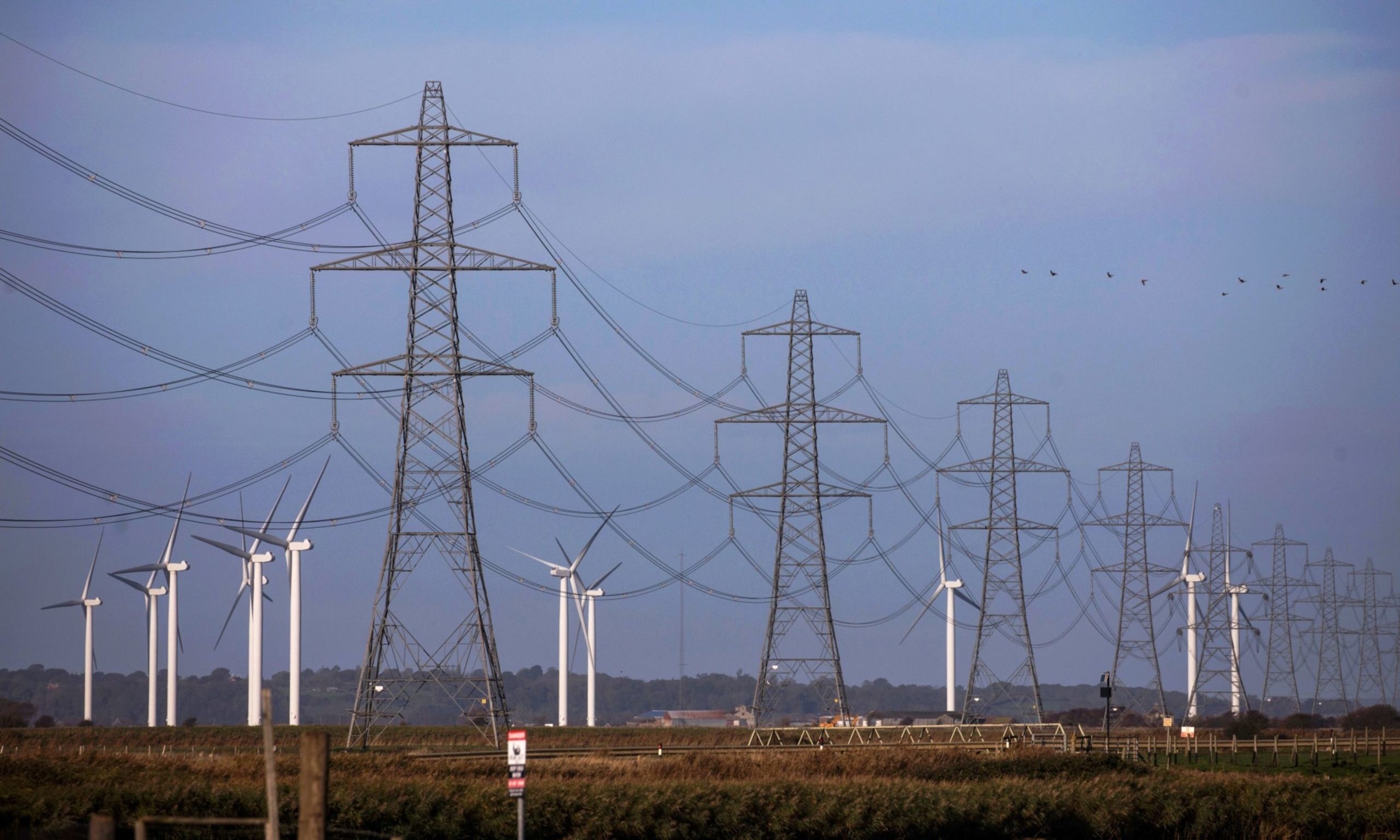On April 28, Spain and Portugal experienced the most severe power outage in Europe in nearly two decades, affecting tens of millions, paralyzing transportation, communications, and healthcare systems, and even impacting parts of southern France. The cause remains unclear, with initial reports pointing to a sudden failure in Spain’s power grid. The incident has raised alarm bells for the UK’s grid stability and energy policy, prompting experts to call for enhanced grid resilience and emergency preparedness to prevent similar crises.
Details of the Blackout
The outage struck at 12:33 local time on April 28 in Spain, with the national grid losing 15 gigawatts of power—equivalent to 60% of the country’s electricity demand at the time. Just 1.5 seconds later, a second disruption worsened grid parameters, triggering widespread generator disconnections and severing Spain’s interconnection with France’s grid, affecting Portugal and southern France. Portugal, reliant on imported electricity from Spain, was plunged into near-total darkness.
The blackout crippled transportation, halting trains, subways, and flights, with traffic lights failing and roads and airports descending into chaos. Communication networks collapsed, ATMs and online banking systems went offline, and some hospitals and shops relied on backup generators to function. Panic buying of supplies was reported in some areas. Spain declared a state of emergency, while Portugal activated an energy crisis status. Madrid’s mayor urged residents to stay home, and Portugal’s prime minister described the event as an “unprecedented challenge.”
By April 29, Spain had restored 99.95% of its power supply, and most of Portugal’s substations were operational again. However, the incident’s far-reaching impact exposed vulnerabilities in Europe’s power grid.
Cause Investigation: An Ongoing Mystery
Spain’s grid operator, Red Eléctrica (REE), confirmed the blackout was triggered by a power loss at two solar plants in the southwest, destabilizing the grid and disconnecting it from France. However, the exact cause remains unknown. Portugal’s grid operator, REN, initially suggested the outage might be linked to abnormal oscillations in Spain’s high-voltage lines, termed “atmospheric-induced vibrations,” but Spain’s meteorological agency denied any unusual weather that day, and REN later retracted the claim.
Spain generates 43% of its electricity from renewable sources, with solar accounting for 59% at the time of the blackout. Some have questioned whether the high share of renewables, which lack rotational inertia, made the grid more vulnerable to frequency fluctuations. However, Spanish Prime Minister Pedro Sánchez refuted this, noting that nuclear plants also failed to recover quickly, indicating the issue was not tied to a single energy type. Authorities have ruled out a cyberattack, but Spain’s High Court and National Intelligence Agency are investigating potential computer sabotage or terrorism.
The European Commission has pledged a thorough investigation, and Portugal has requested an independent audit by the EU’s Agency for the Cooperation of Energy Regulators (ACER). Experts estimate the investigation may take weeks to yield conclusions.
Warnings for the UK
Though the incident occurred on the Iberian Peninsula, the UK, as part of Europe’s interconnected grid via undersea cables to France, Belgium, and the Netherlands, faces similar risks. Experts have outlined the following warnings:
- Grid Interconnection Risks: Spain’s grid failure rapidly spread to neighboring countries, highlighting how interconnections can amplify crises. The UK must upgrade fault isolation technologies and frequency stabilization equipment, such as “grid-forming inverters,” and conduct simulations of cross-border grid failures.
- Renewable Energy Challenges: The UK’s renewable energy share reached 40% in 2024, with a target of 70% by 2030. The Spain incident underscores that high renewable penetration may make grids more sensitive to frequency changes. The UK should maintain gas plants as backups and accelerate deployment of battery storage and pumped hydro systems.
- Inadequate Emergency Preparedness: Spain’s failure of traffic lights, communication networks, and healthcare systems exposed gaps in emergency backups. The UK must equip traffic lights, hospitals, and communication hubs with long-lasting backup generators and promote public awareness of blackout preparedness, such as keeping spare batteries and cash.
- Cybersecurity Concerns: Although no evidence links Spain’s blackout to a cyberattack, heightened European concerns about threats from Russia and others persist. The UK must strengthen encryption and stress-test grid control systems, while sharing intelligence with the EU.
- Energy Policy Reflection: Spain’s opposition criticized the rapid phase-out of nuclear power, raising questions about grid stability. The UK, planning to phase out coal by 2030 and reduce gas reliance, must balance renewable expansion with stable baseload power, potentially through small modular reactors (SMRs).
UK Actions and Recommendations
Following the 2019 London blackout, the National Grid upgraded frequency control systems and storage capacity and joined the European Network of Transmission System Operators (ENTSO-E). To prevent similar crises, experts recommend the UK:
- Conduct regular simulations of nationwide blackouts to test grid resilience against sudden failures.
- Increase investment in storage technologies to address renewable energy intermittency.
- Develop public emergency guidelines to minimize social disruption during blackouts.
- Collaborate with Spain and other nations to learn from the investigation and optimize grid synchronization mechanisms.
Conclusion
The Spain and Portugal blackout is not only a technical challenge but also a wake-up call for Europe’s energy transition and grid resilience. While the UK’s grid is relatively robust, complacency is not an option. As Spain’s investigation progresses, the UK must closely monitor findings, accelerate grid modernization, and bolster emergency preparedness to ensure energy security and societal stability.




